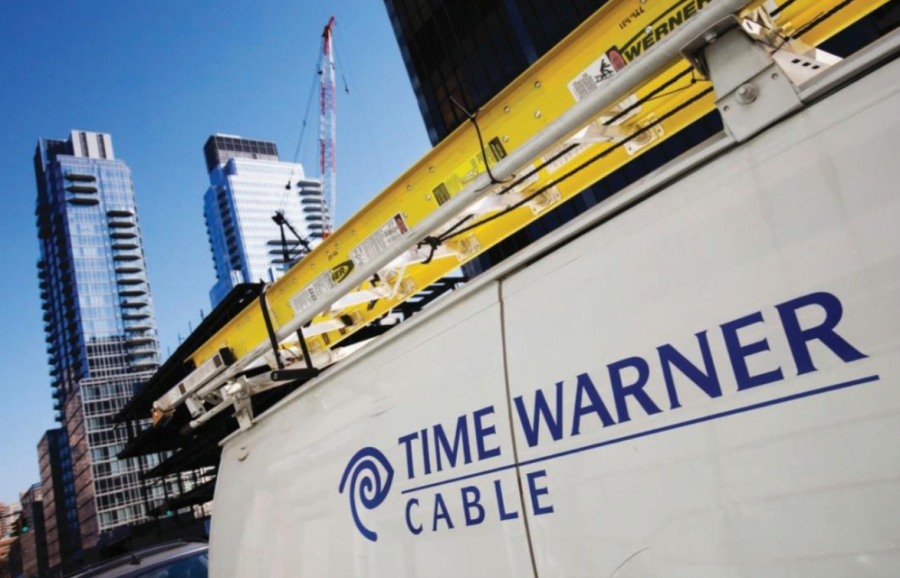Comcast agreed last week to purchase Time Warner Cable for $45.2 billion in a deal that would join the two biggest cable companies in the United States.
According to a news release, Comcast purchased Time Warner entirely in stock, which amounted to $158.82 per share, and will acquire the company’s 11 million subscribers. This merger has several business perks for both companies, especially Comcast, which completed its takeover of NBC Universal last year.
It allows the company to spread its services to parts of the country that have been previously neglected. In particular, the door is now open for consumers in Los Angeles and Dallas, which were dominated by Time Warner up until now.
Time Warner, on the other hand, will be able to access Comcast-dominated markets in Chicago, Philadelphia and Boston, and according to CNN, customers can enjoy Comcast’s wealth of channel offerings. Comcast’s per share price of $158.82 is also more generous than other offers the company has received in the past. Paul Booth, an assistant professor of new media and technology at DePaul, is concerned about the newly announced merger.
Booth believes media products have become increasingly standardized because fewer companies own content, and this drastically reduces options for consumers. “This is a continuation of something that’s been happening for a very long time,” he said. Moreover, Booth said the deal could have a negative effect on consumers’ wallets. Less competition tends to lead to higher prices, and companies like to roll out those hikes via small increases in monthly bills so customers won’t notice. However, Booth fears that these consumers won’t pay any mind to the deal or its impact.
“It worries me that we tend to not really care very much as consumers who is providing our entertainment, who is providing our media, as long as we get media that we want,” he said.
Even though it already has people talking, Comcast and Time Warner’s merger is not quite set in stone. The companies don’t compete directly in many markets outside of New York, so the arrangement is unlikely to result in an antitrust battle. However, CNET reported that the deal could affect the public interest and would thus attract scrutiny from the FCC. Comcast has acknowledged the insecurities of regulators and will sell off 3 million subscribers so they don’t hold more than 30 percent of the country, the Los Angeles Times reported.
But to Booth, the companies’ defense against competition is flawed. Even if they don’t compete now, he said, the merger eradicates the possibility of competition in the future. Despite this, he’s skeptical that the deal will get blocked. “We tend to be much more lax on our antitrust laws than we used to be,” he said. Booth believes that consumers who are unhappy with mergers like this can make a difference if they speak their minds.
He said anyone could do something as simple as write a blog post or contact his or her representatives and demand the enforcement of antitrust laws. Additionally, Booth said consumers can shift away from the television and turn to the growing industry of online entertainment. If more and more people start utilizing products like Netflix and Hulu, he said, people will cancel their cable and companies like Comcast will no longer be able to sustain themselves.
“Turn off your cable. Send a message,” he said. “I think if enough people do that, cable companies will start to notice.”


